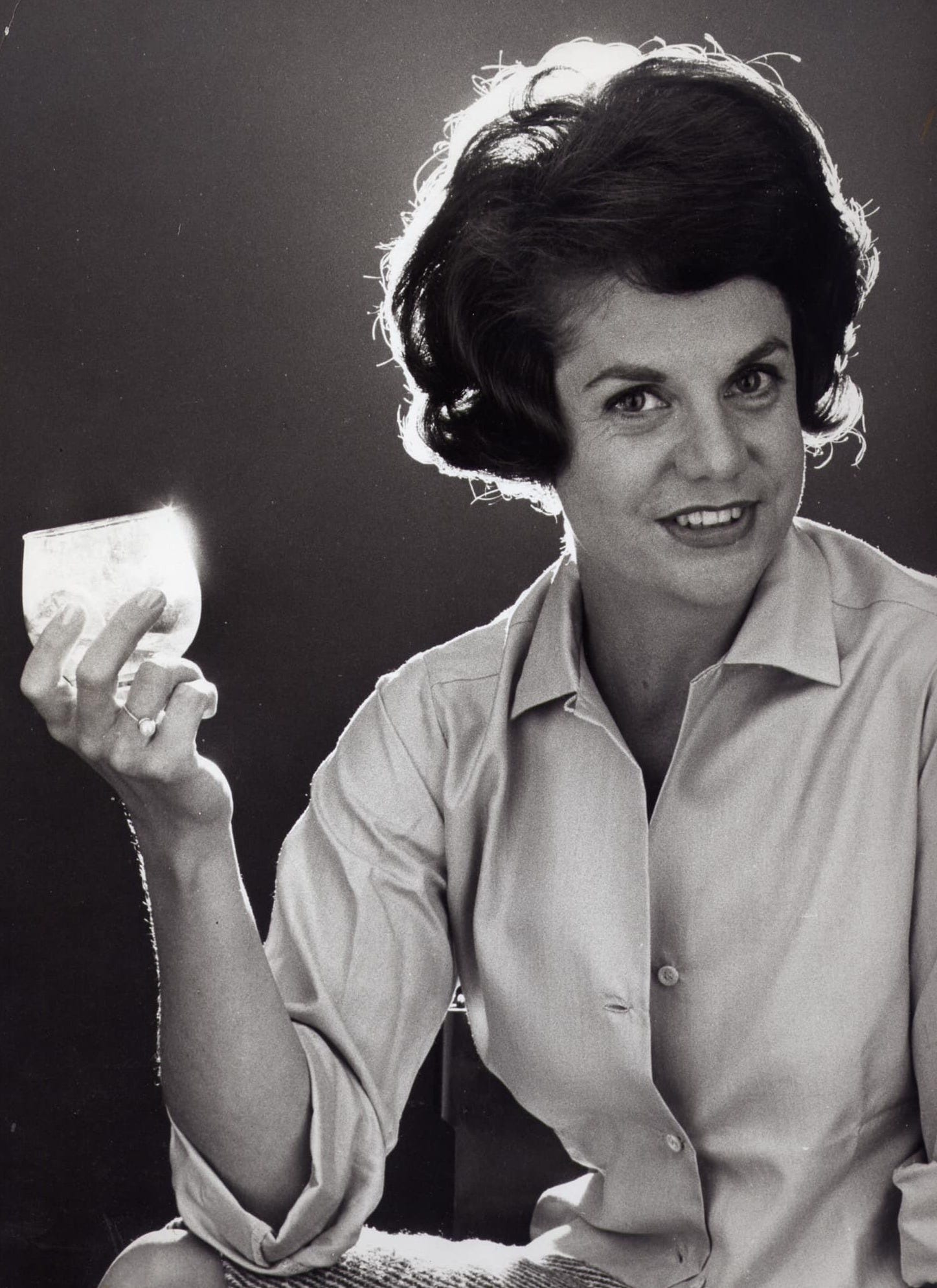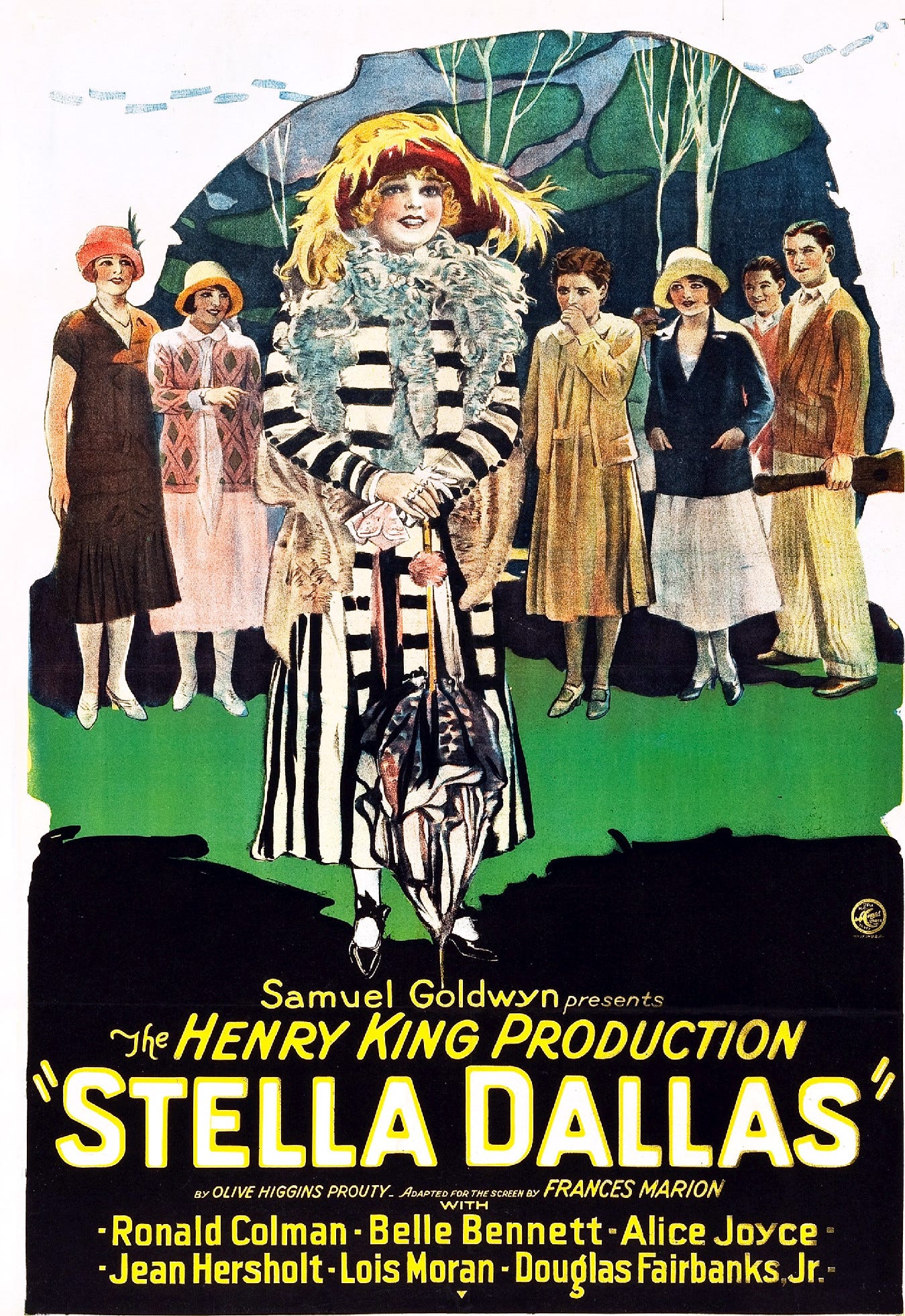Random thoughts for Mother's Day
A brief meditation on mom-isms, the Suzuki method and sacrifice
My mother died when she was seventy nine years old. If I end up as she did, that would mean I have eighteen years left. I don’t think of this as being either tragic or morbid. It’s simply data, which one is free to do with as one likes. But what’s been striking about the last decade or so (she passed away in 2007) is the frequency with which I find myself thinking about her and the extraordinary way that she moved through life. And god love her, my mom could really take the cake- and I mean that in any old way you you might imagine.
In honor of Mother’s Day, here are some of my favorite mom-isms which have stayed with me through out the years.
Upon learning that I was no longer a virgin: “Oh Carrie, I never thought you’d be a statistic.”
On taking me to lunch in Italy, during my sophomore semester abroad: “Oh Carrie, do you have to dress as though every day is Halloween?”
On any given afternoon, when I was too old to even react to this comment : “Would it kill you to brush your hair once in a while?”
So, thinking about motherhood, and just life, brings to mind a movie I saw years ago about kids learning to play instruments with the Suzuki method. At one point, a little boy, perhaps he was eight or nine years old, says to the film maker, “You just got to accept that at the beginning, you’ll probably be lousy at it.”
While children are not instruments and parenting does not a musician make, I have found that in most cases, learning to accept that at the beginning, I’ll probably be lousy at a thing, is a difficult lesson, but one that is often true. And it’s important not to be discouraged, because simply by staying with a thing (such as becoming a good parent) will eventually yield results that are usually reserved for those who seem to have a preternatural flair, such as being with children. Hopefully, if a person sticks with it long enough, they’ll zoom past that cousin or friend which all the kids seem to prefer, but who’s to say? It really depends on so many things, such as timing, location, and humor, in addition to leading by example.
I always marvel at some women who, when they hold a baby, are such naturals, that it’s extraordinary. As if they were meant to have a baby in their arms all the time! The babies coo and stretch, nuzzle and relax. Then there are those of us, who - for whatever reason - remain unsure. Is the baby comfortable? Are we going to drop it or hurt it? What if it simply doesn’t like us? The first time I got married I was five months pregnant. There was a woman at the wedding who had a newborn daughter and she said to me, “Here, you hold her. That’s going to be you soon.” The baby was so tiny and - well, fragile, really- that I couldn’t quite figure out what I was doing with this child. Trying not to drop her or hurt her, I guess.
All of us come from somewhere, so it goes without saying that each and every person has had, (no matter how brief the relationship might have been) a mother. Everything comes from the mother ship. And, wow, how fascinating is that? Mountains of books, dedicated to wrestling with the loss of her, the toxicity of her, the magnificence of her, the cruelty of her, the inspiration of her, is just- well, it’s largely where it’s at!
At first, my current WIP was a mother-daughter story. Originally, it was going to be a relationship that was prickly, and then, there was going to be a reconciliation, but one which would be compromised by historic world events.

The big relationship with the mother doesn’t happen now. Nor is it a plot spoiler to say, I ended up killing her off by about page twenty or so, because, from a story telling perspective, motherless children are much easier to place in dicey situations. They just are. Look at Dickens, most of his enduring characters are motherless. This is true with the Brontes, as well.
Marigold, who is the protagonist of my WIP, loves the movies and goes to them all the time. Naturally, this involved my watching all kinds of stuff that Marigold may have seen. In my story, when Marigold loses her mother, it’s 1937, and Barbara Stanwyck was in something called Stella Dallas. It was directed by King Vidor and was an absolute vehicle for Stanwyck’s talents.
Stella is an impetuous, headstrong conniver, who ends up with someone higher up in the social echelon. Eventually, the marriage falls apart, and Stella sacrifices everything so that their daughter can enjoy the benefits the father has to offer, and which she, Stella, does not.
There is something so troubling about this plot. It’s adapted from a novel that was written in 1923, and then first made into a film in 1925.
The most recent adaptation was in 1990, starring Bette Midler. The inference is that Stella was too vulgar to conform to the virtues of the middle/upper middle class. At least for herself, yet she wants her daughter to certainly have the best of everything, so she SACRIFICES their relationship in order for that to happen.
What we are left to understand is that the good mother, is the sacrificing mother, even to the point of pretending to despise her child so that she (the child) will leave and go to the father. That’s the critical detail. The daughter never knows that the mother hasn’t stopped loving her for a second. And all I have to say about that is, “C’mon! Who does the child want to be with? The well heeled surrogate, or the person for whom there is only one true connection?”
My god, it’s complicated. And this is not to say that there aren’t many mothers, who are really pretty dreadful when it comes to fulfilling their function.
Yet Reader, I ask you, which mother is more satisfying in fiction?
After weeks spent chewing on this mother-daughter conundrum, I decided to give my protagonist something else to sink her teeth into, and like a coward, sidestepped the whole mother-daughter thing. I am just not ready to write about a mother who is anything less than perfect. And reader, believe me when I say, I know that is just nonsense.
My own mother was deeply flawed. It was part of what made her the extraordinary, spectacular gal that she was. It is always what has made some of my anecdotes about her, that much better.
So, reader, let’s give those who birthed us, or raised us, or simply became the ones that challenged and inspired us, a salute. Let us raise our glasses, or tip our hats and give thanks to the wealth of material that simply by knowing them, shaped what we became.
Towards the end of her life, one thing my mom used to say was, “One day, Carrie, you’ll understand, what it is to love you as much as I love you.”
These are the times I wish she were still alive. Because looking at my daughter, who is now a mother herself, I do understand.
And there isn’t a moment, when I don’t want to say, “Thanks, Mom. I love you, too.”







Wow! I so see you in yr mother!
not to say that we should prefer unhappy to happy - but we would have nothing to write about if all families were alike...Tolstoy got that right.